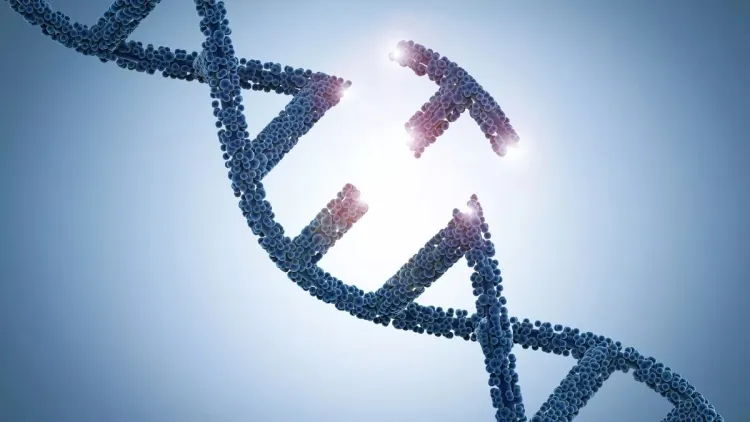Google's AI Breakthrough: Predicting Harmful Genetic Mutations
Innovative advancements in AI are paving the way for medical breakthroughs, with researchers at Google's DeepMind developing a tool that predicts harmful genetic mutations, significantly aiding research into rare diseases.

In a remarkable advancement, scientists at Google’s AI division, DeepMind, have created a tool that can predict whether genetic mutations are likely to cause harm. This development is particularly crucial, as humans possess an average of 9,000 genetic mutations, most of which are harmless. However, some mutations can lead to serious health issues such as cancer and cystic fibrosis.
Historically, the scientific community has only classified about 4 million mutations out of a possible 71 million, with a mere 2% identified as disease-causing or benign. The newly launched AI tool, AlphaMissense, focuses on predicting the effects of missense mutations—where a single nucleotide in the DNA sequence is altered.
Upon evaluation, AlphaMissense demonstrated an impressive ability to predict the outcomes of these mutations. When researchers set the tool to a precision of 90%, it accurately identified 57% of mutations as probably harmless and 32% as probably harmful. This predictive power stems from the AI’s training, which involved analyzing DNA data from humans and closely related primates. By studying millions of protein sequences, AlphaMissense learned to recognize healthy proteins and the implications of specific mutations.
The innovation works similarly to language processing; just as a person can discern meaning changes in a sentence based on word substitutions, the AI can evaluate how genetic changes may affect health. The tool generates a risk score for each mutation, offering insights into the potential for disease.
The database compiled by AlphaMissense is now publicly accessible, providing a resource for scientists to enhance the diagnosis rates of rare diseases and potentially discover new disease-causing genes. While the AI's predictions are not intended for clinical diagnosis, they could significantly improve the understanding of genetic risks and guide further research.
Despite the tool's capabilities, medical professionals remain essential in interpreting these predictions and making informed decisions regarding patient care. As research continues, this groundbreaking technology could revolutionize genetic research, leading to new treatments and better patient outcomes.
The implications of this development are profound, setting the stage for future advancements in the understanding of genetics and disease prevention.
Stay tuned for more insights into the latest advancements in science and technology.
What's Your Reaction?















